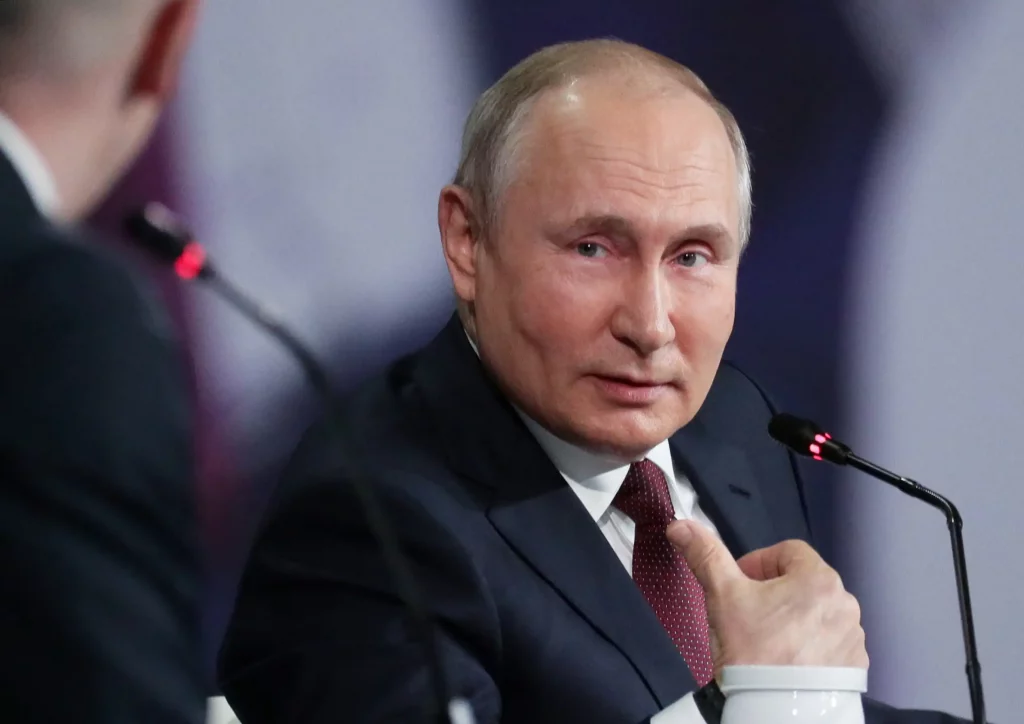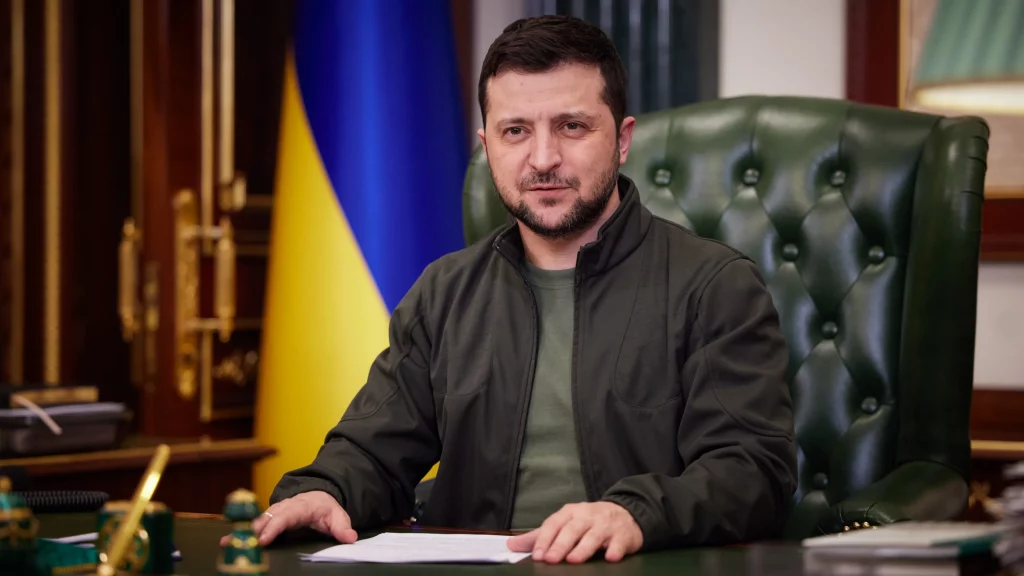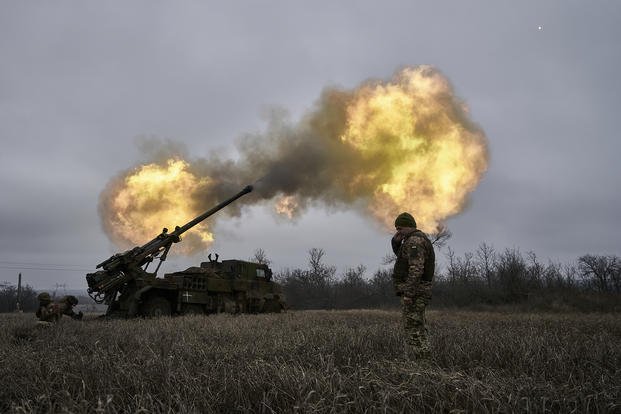Vladimir Putin Wants a Superweapon, But Hypersonic Missiles Won’t Help Russia
Russian President Vladimir Putin has threatened Ukraine with the use of hypersonic missiles. We shouldn’t be shocked that the Ukrainians are unimpressed.
They have assessed Russia and its military capabilities and deemed them inadequate. Throughout history, nations in the midst of losing wars have used “wonder weapons” as a last-ditch effort to avoid calamity.

During World War I, Germany anticipated that using poison gas would break the Western Front stalemate, but it merely made an already terrible situation worse. Adolf Hitler placed his faith in the V-1 and V-2 rockets, as well as jet planes. Robert McNamara, Defense Secretary, hoped that sensors and defoliants would prevent North Vietnamese infiltration into South Vietnam. As a result, thousands of veterans are suffering from Agent Orange-related ailments.
The use of technology to break a determined opponent’s will usually fails, but it might sometimes provide one side or the other a temporary advantage. The French needed nearly a century to figure out how to defeat the English longbow, but the Confederacy’s use of ironclad technology was quickly matched by the Union’s USS Monitor during our Civil War.
Ukraine has had ten months to assess Russian weaponry’ capabilities and limitations. Worse for Putin, many of those weapons are currently in Ukrainian hands due to poor generalship and morale.
Also read: Bob Marley’s grandson, Jo Mersa Marley has died at age 31.
If the Russians’ conflict with Ukraine was fought on the Black Sea, or if Ukraine tried to employ its meager navy, hypersonic weapons would almost certainly give them an advantage. However, the Ukrainians have effectively deployed relatively low-tech anti-ship missiles in a land-based role thus far.
The Russian hypersonic threat does not impress the Ukrainians for two reasons. First, they recognize that their spread and decentralized fighting strategy provides the Russians with very few targets against which hypersonic weapons may be decisive.
A hypersonic missile may take out Ukraine President Volodymyr Zelenskyy if Moscow’s incredibly incompetent intelligence targeting approach could ever pinpoint his exact location. What happens next? Zelenskyy would become a martyr, presumably hardening Ukrainian determination.
Also read; President Volodymyr Zelenskyy’s casual sweaters and t-shirts that started out selling airsoft guns

The second reason comes after the first. Russia does not have a large number of these weapons, and they are pricey. The cost-benefit analysis would be stacked against Moscow. When Russia considers using tactical nuclear weapons, the same logic works against them. The old analogy of using a sledgehammer to swat a gnat in a China shop applies here.
Putin’s dilemma is very similar to that of the Americans in Vietnam. His soldiers are battling an opponent that, although not immune to greater technology, is not overly threatened by it, and many of the counters to superior technology are supplied by allies who cannot be removed without risking a large regional conflict, which Russia cannot afford.
The surface-to-air missiles that befuddled US airpower in Vietnam were the 1960s counterpart of the HIMARS, Javelins, and Patriot missiles that Ukraine now receives. In effect, we are repeating what Russia and China did to us half a century ago. That has a delightful irony to it.
Also Read: Vladimir Putin
This leads us to China. If Beijing’s authorities envisage a fast takeover of Taiwan, as Putin clearly intended in Ukraine, they should remember the implications of failure: a long-term battle with Taiwan, supported by the US acting once again as a secure arsenal of democracy.
Putin is in a pickle right now. With technology failing and terror bombing, he is left with only Russian numbers as a potential edge in a long war of attrition. But is that a benefit?
He’s used the trump card of a restricted manpower call-up, and interested volunteers are typically relegated to the dregs of prisons, no pun intended. Millennials are already fleeing the nation or hiding from the draft, and widespread mobilization might lead to open insurgency.
Also read; Southwest Airlines’ holiday meltdown brings on federal investigation
The other alternative is a truce and peace talks, similar to the different conferences that marked the final years of the Vietnam War. Hanoi used the gaps to rebuild in preparation for counteroffensives in 1968, 1972, and eventually 1975. The same would be true for Kyiv. Zelenskyy, armed with American weapons, would almost certainly plot further victories, while Putin would have no meaningful reprieve.
The bottom line is that Moscow is in a real bind. Unlike the American public’s conclusion after the Tet Offensive that there was no easy route out of Vietnam, there is no Russian Walter Cronkite to declare that reality to the Russian public.
Putin is facing a protracted winter of dissatisfaction, with little hope of a different spring.






